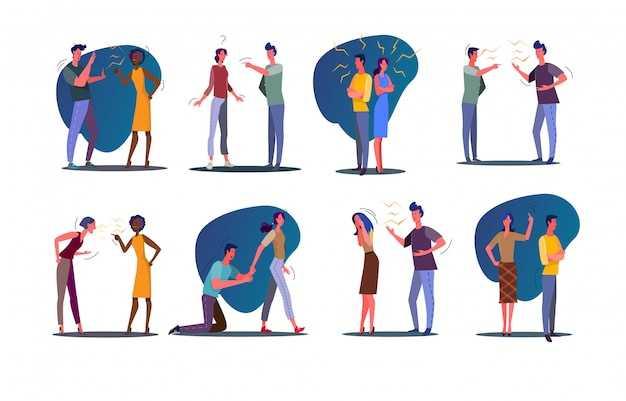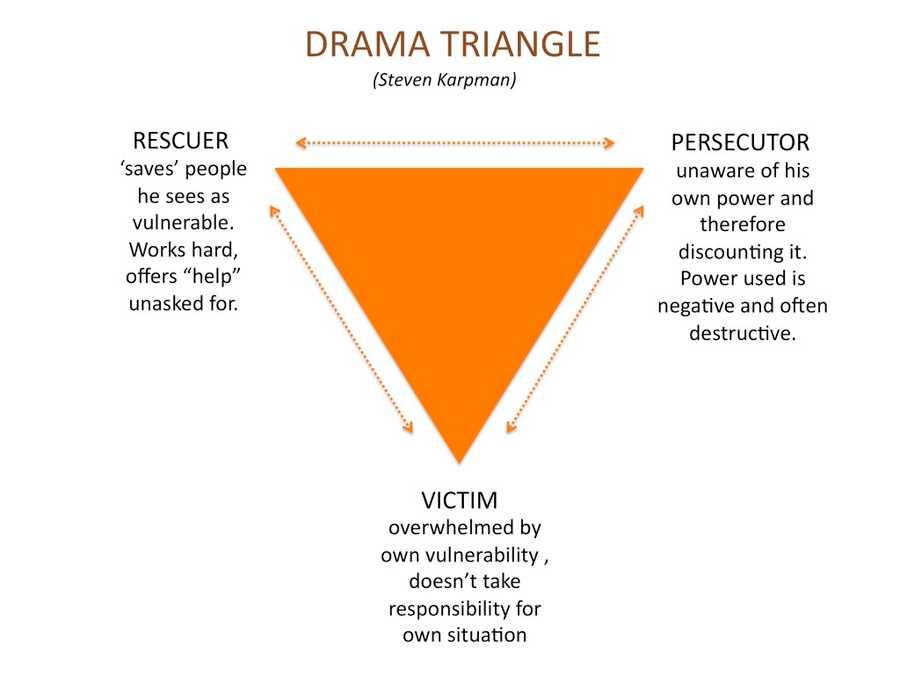How to Ditch the Drama in Your Relationships
Curated from: greatergood.berkeley.edu
Ideas, facts & insights covering these topics:
5 ideas
·2.13K reads
11
Explore the World's Best Ideas
Join today and uncover 100+ curated journeys from 50+ topics. Unlock access to our mobile app with extensive features.
Distracted by Drama
We can't deny that drama surrounds us everywhere we go. We can see it on social media or on television and despite of our best intentions to not get involved, we can't seem to avert our attention away from it.
From a biological standpoint, we are hardwired to love the novelty, the constant stimulation that the drama provides. However, drama does not lead us towards meaningful lives and it keeps us from the stillness and reflection and deep conversation that make our lives meaningful.
80
486 reads
The Karpman Drama Triangle
The Karpman Drama Triangle was developed in 1968 by psychologist Stephen Karpman in order to exhibit our dysfunctional behavior towards interpersonal drama.
He recognized the feelings of entertainment and addiction towards conflicts despite of its harmful effects to our mental health. There are three roles in a conflict:
- The victim
- The persecutor
- The rescuer.
96
507 reads
Dysfunctional Roles In A Relationship
- The Victim: While they are not the actual victims, they are the ones who often feel oppressed and victimized. They are self-pitying and act helpless most of the time.
- The Persecutor: Is made out to be controlling and critical by the victims. However, when we do take up this role we are often angry, rigid, and have feelings of superiority.
- The Rescuer: They are known as the enablers; they don't actually help the victims because they keep the victims stuck in their roles.
92
379 reads
Progressing From The Drama
- Don't engage: Getting involved in a drama is a choice.
- Question the prevailing beliefs: Do not believe everything you're thinking. Ask yourself first if your involvement would really help?
- Take on a different role in the conflict: Instead of playing with dysfunctional roles we can choose to play constructive ones instead. We can choose not to be the victim, the persecutor, or the rescuer.
94
368 reads
Constructive Roles In The Relationship
- Victims can become creators who do not succumb to the temptation to wallow in the unfairness of it all. Let us be outcome-oriented instead of being problem-oriented.
- Persecutors can become challengers who urges the victims to clarify their needs and focus on their own learning and personal growth.
- Rescuers can become coaches who sees the victims being able to make their own choices and who can solve their own problems. They help the creators see the possibilities for positive action.
100
395 reads
IDEAS CURATED BY
Carlos B.'s ideas are part of this journey:
Learn more about loveandrelationships with this collection
How to use storytelling to connect with others
The psychology behind storytelling
How to craft compelling stories
Related collections
Similar ideas
1 idea
Karpman drama triangle - Wikipedia
en.wikipedia.org
7 ideas
The Winners Triangle
emexmag.com
4 ideas
About the Drama Triangle – And how to escape it
listeningpartnership.com
Read & Learn
20x Faster
without
deepstash
with
deepstash
with
deepstash
Personalized microlearning
—
100+ Learning Journeys
—
Access to 200,000+ ideas
—
Access to the mobile app
—
Unlimited idea saving
—
—
Unlimited history
—
—
Unlimited listening to ideas
—
—
Downloading & offline access
—
—
Supercharge your mind with one idea per day
Enter your email and spend 1 minute every day to learn something new.
I agree to receive email updates


